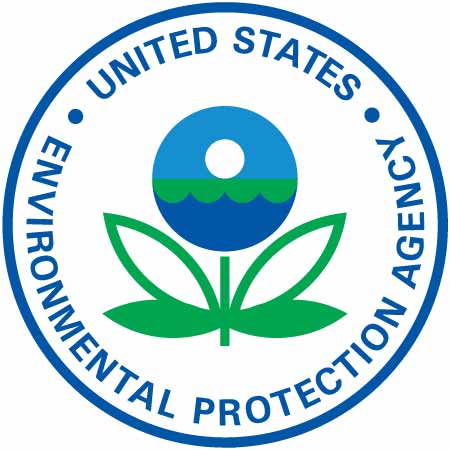Media
Is the EPA Frackophobic?
 The Environmental Protection Agency is now delivering water to homes in Dimock, Pa., even though Pennsylvania’s Department of Environmental Protection says it’s not needed.
The Environmental Protection Agency is now delivering water to homes in Dimock, Pa., even though Pennsylvania’s Department of Environmental Protection says it’s not needed.
Here’s the background: In 2010, the DEP investigated drilling in Dimock and concluded that the company Cabot was responsible for methane getting into water wells (caused by poor well casing, not hydraulic fracturing). Besides paying fines, Cabot created a $4.1 million escrow account for the households with contaminated water—double the value of the homes. In addition, Cabot installed free home water treatment systems for all families that met or exceeded safe drinking water standards. After ensuring the water quality was safe, the DEP no longer required Cabot to deliver water.
Does the EPA know something the DEP doesn’t about water quality in Dimock? No. According to the DEP, the EPA hasn’t presented any new data to justify stepping in to supply water. In fact, the EPA has already stated that there was no evidence Dimock well water is unsafe. But this is just the latest in the EPA’s “act then think” approach to monitoring drilling.
In Texas in 2010, the EPA falsely convicted the drilling company Range Resources of polluting drinking water with methane in Parker County. Despite being acquitted, the EPA demanded the drilling company pay $15 million in fines for failing to comply with its initial wrong findings. Texas drilling regulators daily have feet on the ground to monitor drilling, and understand the fracking process, necessary precautions and the area’s history of methane in water. The state’s regulators—not the EPA—correctly identified the source of the methane.
Then there’s the recent Pavillion, Wyo. example where the EPA created anti-fracking hysteria by releasing its preliminary report before addressing the several pages of questions raised by Wyoming scientists and regulators. These objections remain unanswered.
If the federal FRAC Act passes, we can expect more stories like this, as responsibility is snatched from state authorities who are better equipped to handle local situations.